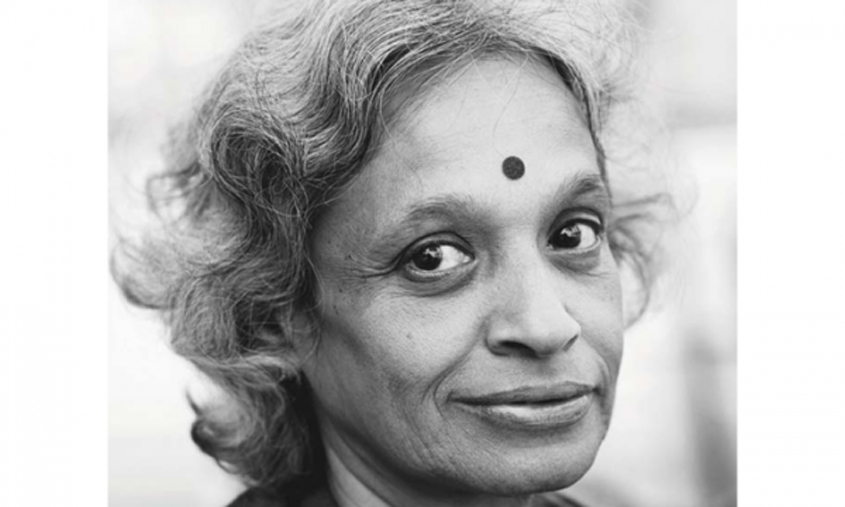Tamil feminist writer Ambai, also known as C.S. Lakshmi, charts out her relationship with the city of Mumbai as she embarks upon solving mysteries out of a curiosity towards the people she comes across daily on the streets, at railway stations, outside houses, in neighbourhood parks, and so forth. By crafting the character of Sudha Gupta, a female detective with a decidedly Bambaiya edge, Ambai’s book A Meeting on the Andheri Overbridge is a compact collection of three investigative short stories that break the stereotypical elements of detective fiction.
Sudha is a lot like Miss Marple, Agatha Christie’s white-haired, old female detective who knits cardigans at the speed of pursuing crimes, loves gardening and gossip. Sudha, too, relishes every minute detail of mystery like she relishes her morning cup of cinnamon tea. What makes her so effective as a detective is her ability to blend in with the background: her responsibilities as a mother, the warmth with which she converses with her cook Chellamma, her high-handedness with inspector and friend Govind Shelke (police officers are known to not be on friendly terms with detectives), and so on.
The first story, “As the Day Darkens”, deals with the missing case of three young girls, Deepika, Divya and Dhwani. In it has been weaved the sordid sub-plot of domestic abuse, a reality that often goes under-reported or unreported because of fear of family shaming and the general mindset among average Indians who believe the institution of marriage to be sacred. It is also in the first story that we are introduced to Vidyasagar Rawte, Sudha’s mentor, who is,in effect, omnipresent throughout the novel. But for me, the low point comes with Rawte cutting into the mystery as he remarks in jest about Gopal (the father whose three daughters are missing). If one is a frequent reader of detective novels, one would inevitably be suspicious of the father having a pivotal role in the sudden disappearance of his daughters.
Our daily trips are steeped with so many mysterious, unexplained events and experiences. It is precisely these complex relationships that form the basis of Sudha Gupta’s profession, and a fodder for Ambai’s novels.
The second story, “The Paperboat Maker”, is undoubtedly the best one in the book. An investigation into the background of a potential bridegroom, the story earns all the brownie points on humour. The third and last one, “A Meeting on the Andheri Overbridge”, which also forms the title of the book is some experimental writing. Breaking away from the thriller genre, it becomes a story engaging into an effort to understand the frailty of human emotions — of love, distrust and laughter against the backdrop of Mumbai’s dense and intricate urban existence.
Set in the Andheri suburb of Mumbai, the story revolves around an old woman who is mistaken for just another beggar by everyday office-goers but who catches Sudha’s unfailing attention. She is seen sitting on the Andheri overbridge from dawn to dusk. Only after some investigation does it become known that Sandhyabai (the old woman in question) has chosen a life of self-imposed seclusion because of failure on the part of her husband and sons to understand that all she has wanted in old age is to live on her own terms, to live with her widowed sister in their ancestral village, even if that meant cutting off marital ties.
Many such Sandhyabais might have crossed our paths. Our daily trips are steeped with so many mysterious, unexplained events and experiences. It is precisely these complex relationships that form the basis of Sudha Gupta’s profession, and a fodder for Ambai’s novels. With Sudha Gupta, you travel deeper into the dark underbellies of a city to study the lives of the inhabitants. Uncaught in her immediate Tamil identity, Sudha knows Mumbai and Mumbaikars really well. She isn’t an outsider. And she isn’t your regular private detective.

